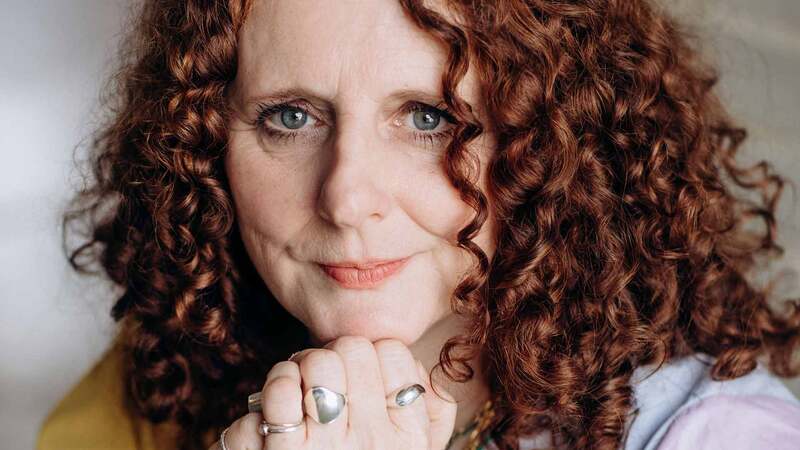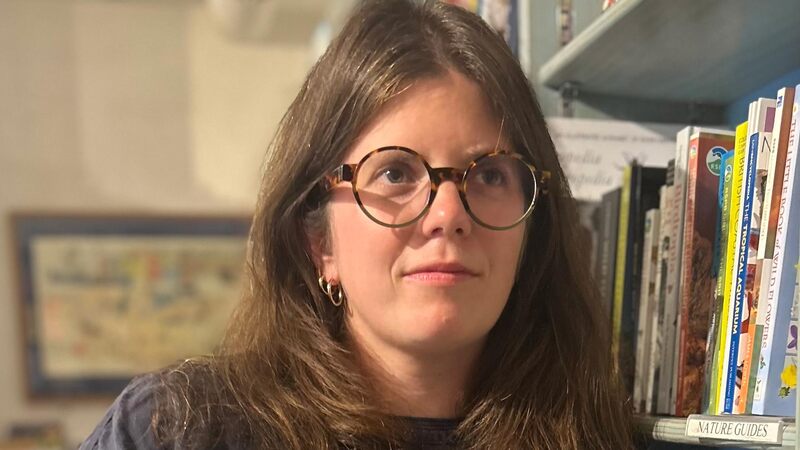You are viewing your 1 free article this month. Login to read more articles.
How Evaristo and Eddo-Lodge made charts history
Bernardine Evaristo and Reni Eddo-Lodge became the first British black authors to top their respective genre charts last week, as the Black Lives Matter movement inspired reading lists to be shared across social media. Eddo-Lodge’s originally 2017-published Why I’m No Longer Talking to White People About Race soared 155 places up the Nielsen BookScan paperback chart, the week after it jumped 376 places. Not only did it top the TCM Paperback Non-Fiction top 20 last week, it also hit the top of both Amazon’s non-fiction charts and the weekly Audible number one.
Evaristo had already made history in October by becoming the first black woman to win the Booker Prize. Astoundingly, she also became this week the first female author of colour to ever top the Mass-Market Fiction top 20 last week, as Girl, Woman, Other soared 18 places up the TCM charts.
However, these historical achievements also expose the 22 years of bestsellers without a British black author in the number one (we say 22 years because that is when Nielsen BookScan began recording the data, up until that point The Bookseller’s charts, and indeed those of the Sunday Times, were derived from estimated sales data). Until late 2018, no black author had ever been in the overall top spot—and it took the United States’ first black First Lady, Michelle Obama, to make it happen. And only one other author of colour has ever hit the number one before that—American Khaled Hosseini. There has never (at least within this 22 year period) been a British author of colour in the overall UK number one spot. Before Nielsen, we can point to other Booker winners such The Famished Road (1991) by Nigerian author Ben Okri, and Midnight’s Children, the 1981 novel by author Salman Rushdie, as chart-toppers of their day.
It should shame the publishing industry that the woefully small number of authors of colour to top the non-fiction charts still dwarfs the miniscule number of writers who have done so with fiction books. Non-fiction can reach outside the trade to celebrities or notable figures, while fiction authors are generally only developed from within. Before Evaristo, one author of colour—since 2001—had topped Mass-Market Fiction: Marlon James, with his Booker winner A Brief History of Seven Killings. In Original Fiction, Hosseini, Arundhati Roy, Kazuo Ishiguro and Paul Beatty have hit the top spot, as well as James for Black Leopard, Red Wolf. Aside from Hosseini, all of these authors are Booker winners. Even with the huge wave of anti-racist writing and black authors in the chart last week, only one author of colour hit the Mass Market Fiction top 20 to join Evaristo—Candice Carty-Williams with Queenie.
In the fiction charts, it’s even difficult for authors of colour to break into the top five. In 2018, aside from Hosseini, Leila Slimani and Haruki Murakami were the only two authors to chart in the Original Fiction top five, and in 2019, only James (at number one) and Carty-Williams did it, until Girl, Woman, Other moved upwards for the last two weeks of the year. For Mass Market Fiction, only Oyinkan Braithwaite’s crime titile debut My Sister the Serial Killer charted in the top five across the entirety of 2018 and 2019.
The Hardback Non-Fiction chart has been topped by black British authors Constance Briscoe, with her 2006 memoir Ugly and Lorraine Pascale with her 2012 cookbook Fast, Fresh and Easy Food. Jung Chang, Gok Wan, Naoki Higashida, Sabrina Ghayour and Nadiya Hussain have hit the number one, as have boyband JLS and YouTuber supergroup The Sidemen. Michelle Obama’s Becoming had a seven-week run in the top spot in autumn-winter 2018.
However, hardback and paperback non-fiction are much more separated in genre terms than fiction is, with celebrity memoirs and cookbooks concentrated in hardback. American author Cupcake Brown topped the Paperback Non-Fiction in October 2006 with her memoir Piece of Cake, followed by Barack Obama’s Dreams from My Father after his election to US President in 2008. Solomon Northup’s Twelve Years a Slave, originally published in 1853, went to the top in 2014 after the film adaptation won Best Picture. Yuval Noah Harari’s Sapiens racked up 18 weeks in the number one across 2017 and 2018, and Canadian poet Rupi Kaur’s The Sun and Her Flowers charted top in October 2017. Dr Rangan Chatterjee’s Feel Better in 5 hit the category chart number one in January.
That’s a lot of detail, so I leave you with one point, the one I made earlier: no British author of colour has ever reached the overall UK number one spot in the Nielsen era. That may change next week. It needs to.













